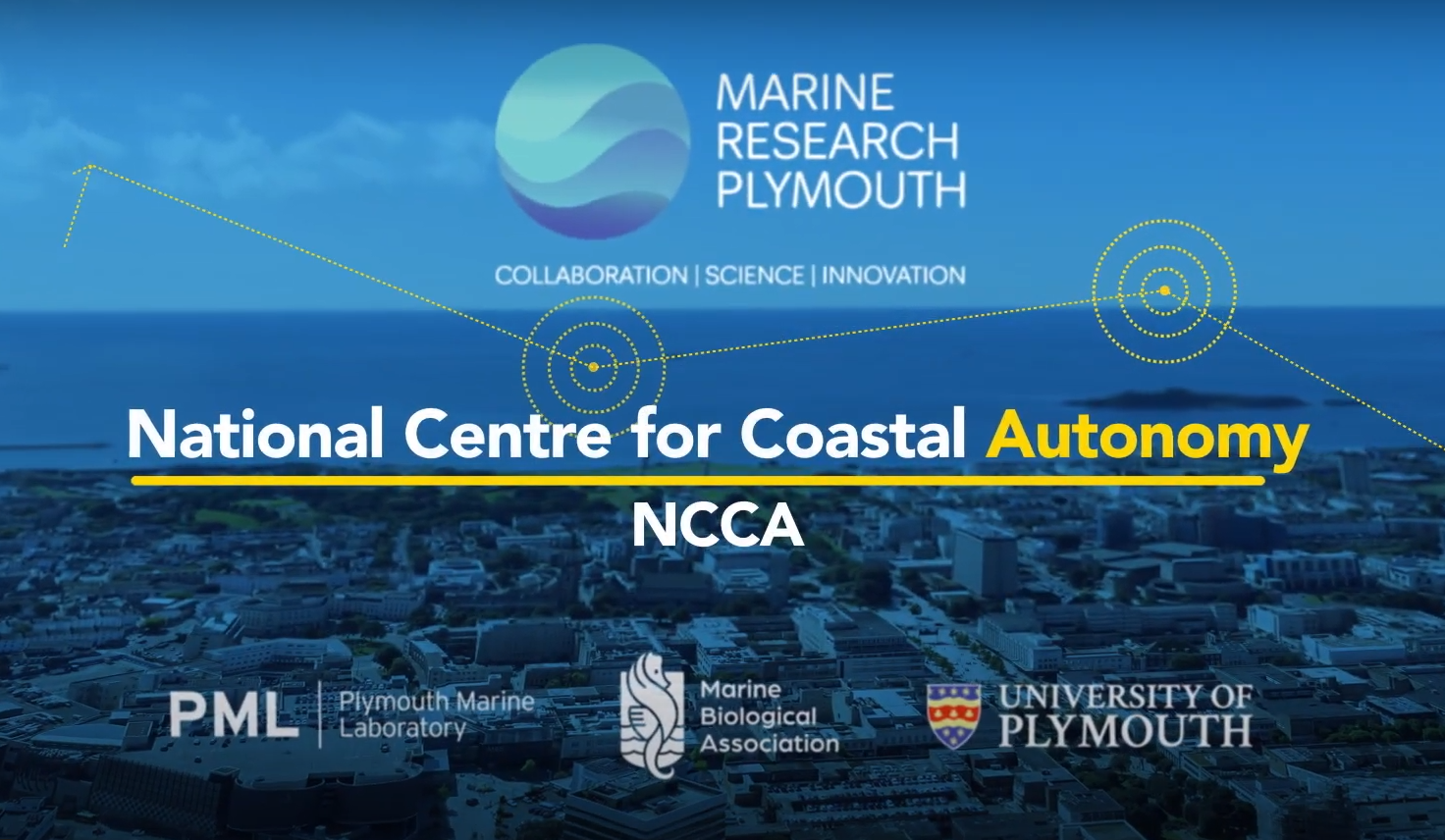? UK launched National Centre for Coastal Autonomy

The potential for autonomous technology to advance understanding of our constantly evolving ocean and coastlines has taken a major step forward with the launch of the National Centre for Coastal Autonomy in Plymouth, UK. The UK’s first autonomous fully integrated coastal observing and monitoring network employs the latest autonomous technologies to drive towards a net zero oceanographic capability, delivering world-leading and cutting edge science.
A fleet of state-of-the-art surface autonomous vessels, sub-surface coastal platforms and sophisticated scientific buoys are integrated on a unique high-speed award-winning marine communications network. The high resolution data it produces will support policy makers and other organisations to enable good stewardship and an enhanced understanding of the coastal environment.
? The National Centre for Coastal Autonomy has been founded by the partners in Marine Research Plymouth – the Marine Biological Association, Plymouth Marine Laboratory and the University of Plymouth. It was officially launched by HRH The Princess Royal, who met representatives from Marine Research Plymouth as well as delegates working in the city’s autonomous marine sector, and funders and policymakers from the wider UK.
This new initiative will harness that capability to produce monitoring data that can be used across sectors including, offshore renewable energy, aquaculture, defence and address key scientific questions relating to the climate and biodiversity nexus on a global scale. It will build on the success of innovative and ongoing programmes such as the Western Channel Observatory and Smart Sound Plymouth. It will also support the UK Government’s net-zero and clean maritime agendas, and expand the nation’s capability to deliver autonomous marine platforms, technology, and research in a safe and sustainable manner.
The ceremony of launch also included exposition of UK-made USVs by Hydrosurv, L3Harris Technologies, Autonaut and Unmanned Survey Solutions.
?? Source: Plymouth University
See also related
Countries
Recent updates
Maritime Robotics and Eelume launches new mine hunting USV
Anduril Partners with HD Hyundai to Build Autonomous Warships
ORCAUBOAT's autonomous navigation system receives China Classification Society type approval
Lightfish USV completes fastest transatlantic crossing
Electric hydrofoil ferry with autonomous shipping technologies starts tests on the Trondheim Fjord
SeaBot Maritime and University of Plymouth Sign MoU to Advance Marine Autonomy Training
ROC + DOCK project demonstrates future of resident USV operations
